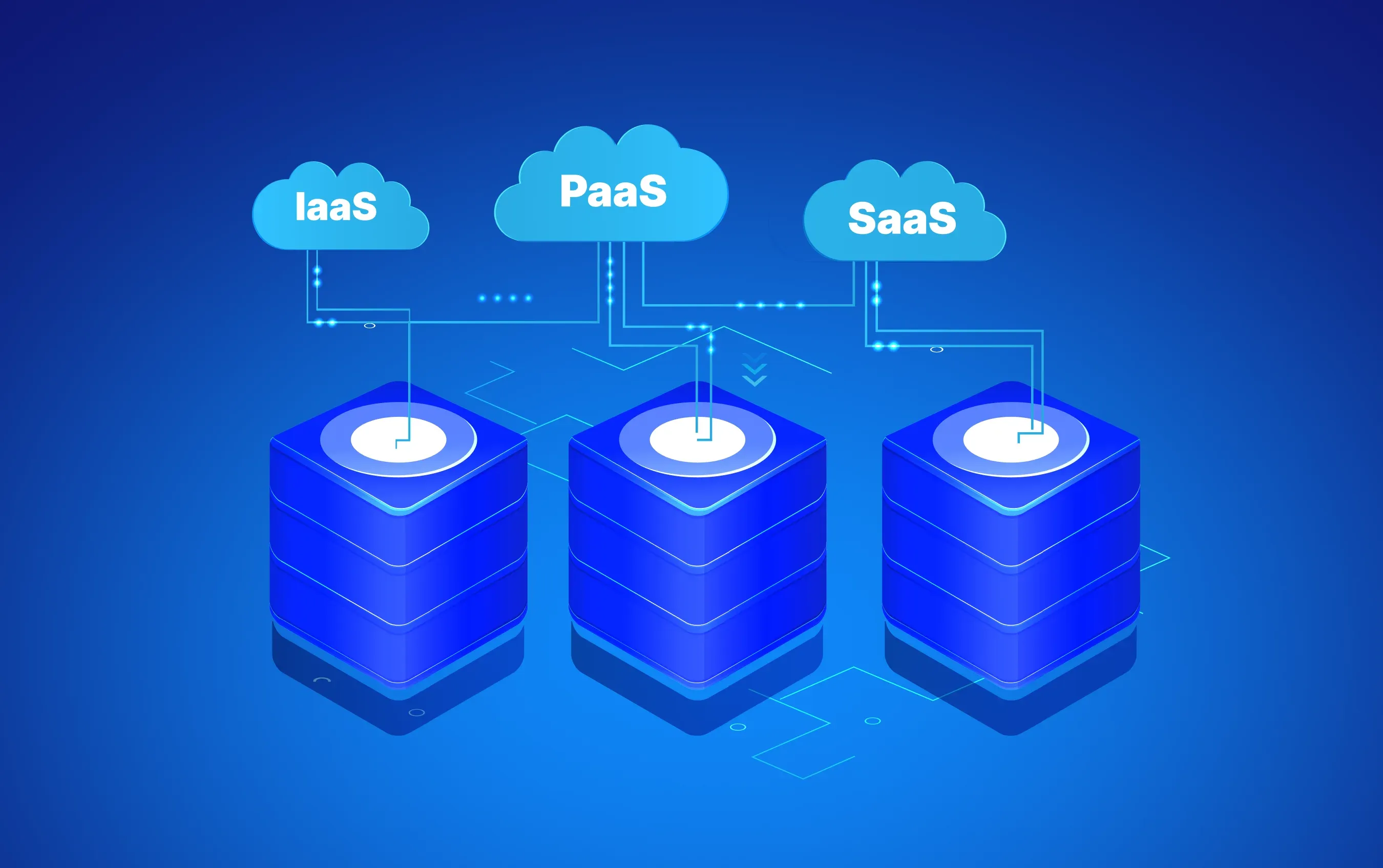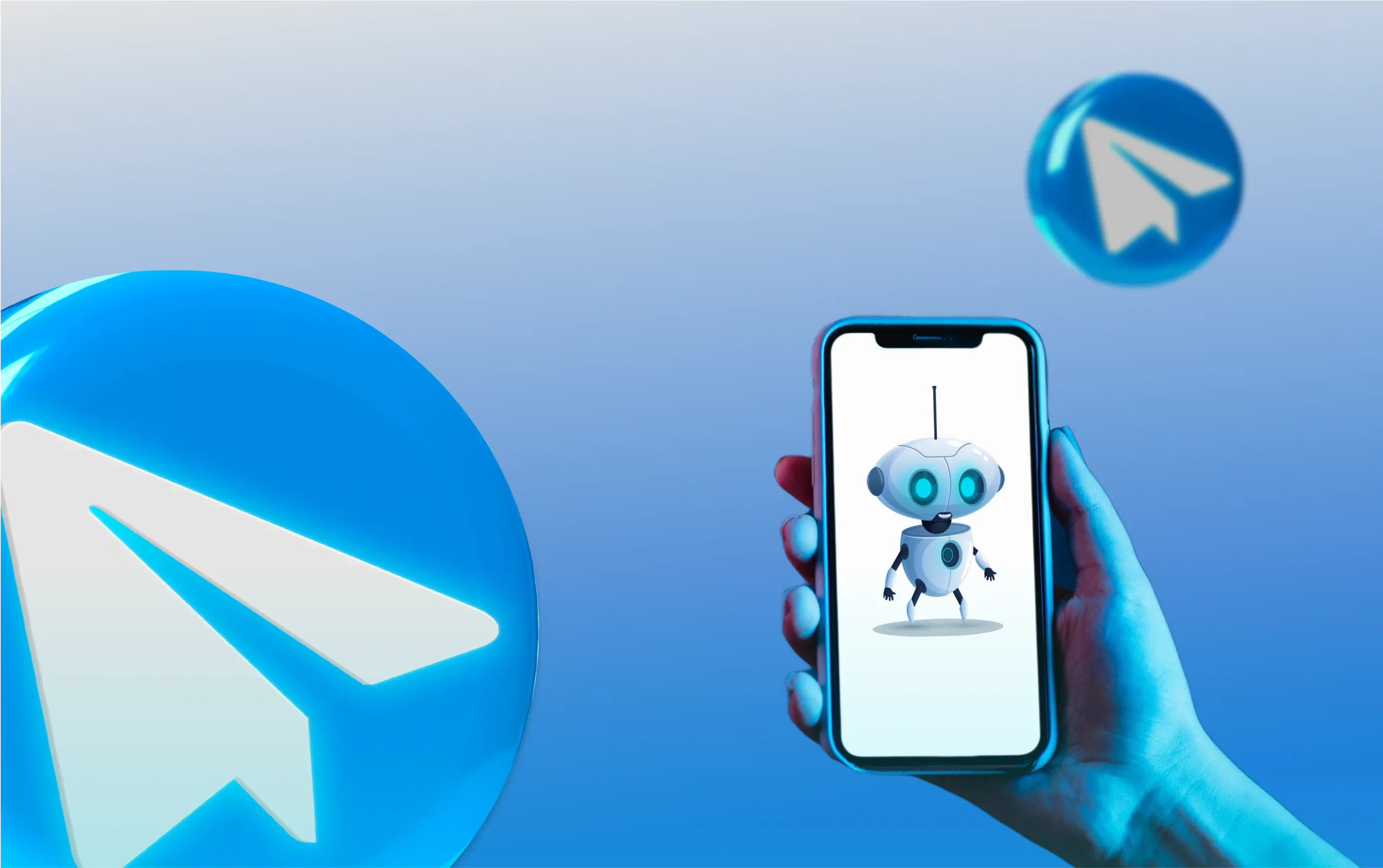
MVP stands for Minimum Viable Product—a concept used across startups, product design, and software development. It's all about creating a lean, functional product that solves a core problem for users and delivers real value early on. Instead of building everything at once, an MVP helps validate assumptions before scaling.
In Agile, MVP refers to the smallest possible version of a product that can be released to users for feedback, while still solving a real user problem. Teams use MVPs to quickly test ideas, gather insights, and continuously improve the product with each sprint.
Every effective MVP should include these three key elements: Core Functionality, Early Usability, and Built-In Feedback Loop.
An MVP is typically built right after the idea validation stage—before full-scale development. It's one of the earliest deliverables in the product lifecycle, used to test market fit and gather insights.
An MVP takes a faster, more flexible approach compared to traditional software development. Instead of building a fully-featured product from the start, it focuses on launching a functional version quickly to gather real user feedback. This lowers the risk of developing something users don’t need and allows teams to iterate based on actual data, while traditional methods often follow a rigid plan with limited early input.
Solicy takes a lean and user-focused approach to MVP software development. The process emphasizes rapid validation, focusing on building only the core features needed to test a product idea in real conditions. By combining intuitive UX design with modern, scalable technologies, Solicy ensures that each MVP is not just functional, but ready to evolve based on real user feedback. This agile strategy helps reduce time-to-market, minimize risk, and lay a strong foundation for future product growth.
Previous insight
Next insight





